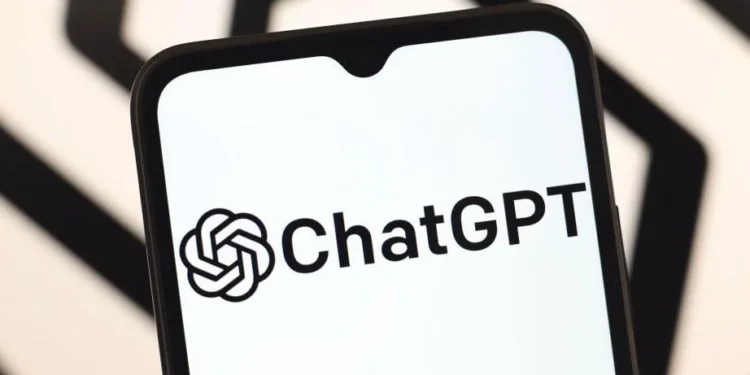OpenAI will begin applying Nigeria’s 7.5 percent value-added tax (VAT) to its paid services from 1 November 2025. The new charge will increase the monthly cost of ChatGPT Plus and other premium products for subscribers in the country.
A New Tax Line on Subscription Bills
In a message sent to Nigerian users, OpenAI said the change aligns with the Value Added Tax Act and guidance from the Federal Inland Revenue Service (FIRS). Paid users will see a separate VAT line on their invoices beginning next month.
This development comes as Nigeria expands the enforcement of VAT on digital services provided by foreign companies to local consumers. OpenAI is among the first major AI platforms to reflect the charge in its billing structure.
The Price Change in Numbers
The standard ChatGPT Plus subscription, previously billed at around ₦31,500 per month, will now cost ₦33,862.50 after VAT is added. The increase reflects the exact 7.5 percent tax, with no change to the base price. Final figures may vary slightly due to currency conversion and rounding at the point of payment.
Legal and Policy Context
Nigeria’s VAT framework already covers cross-border digital services under the Value Added Tax Act and FIRS Circular 2021/19. While some tax advisories point to a formal implementation timeline from January 2026, OpenAI is applying the tax earlier, likely as part of voluntary compliance.
This early adoption shows how global tech firms are responding to Nigeria’s evolving digital tax landscape. Other foreign providers are expected to follow the same path in the coming months.
Impact on Users and Businesses
The VAT will apply to all paid subscriptions billed in Nigeria, including individual and corporate accounts. Individual subscribers will see a slight increase in their monthly payment. Companies may need to provide tax identification details for compliance. Businesses registered for VAT could recover the tax as input VAT, depending on their accounting structure.
A Sign of Broader Shifts in Digital Taxation
OpenAI’s move reflects Nigeria’s growing enforcement of tax obligations for non-resident digital service providers. It also places Nigeria among the African countries taking more deliberate steps to tax the fast-growing digital economy.
The introduction of the VAT charge may push other global platforms to adjust their pricing and compliance strategies in Nigeria ahead of 2026. For users, it means slightly higher costs and a new line item on their bills.
















